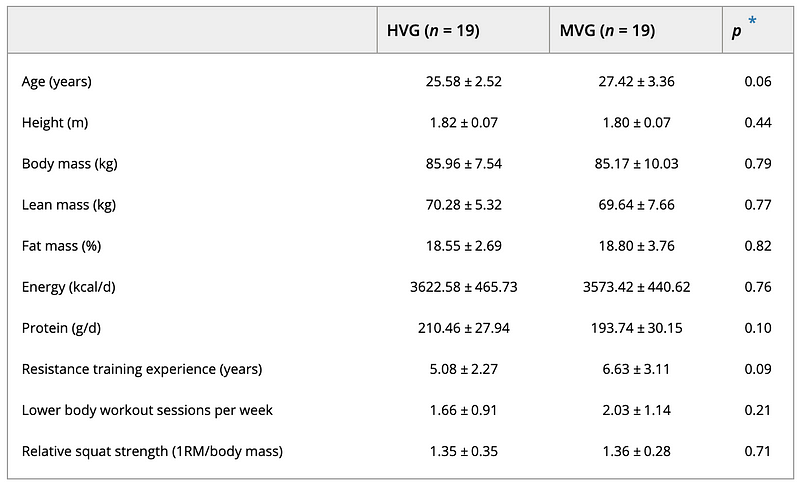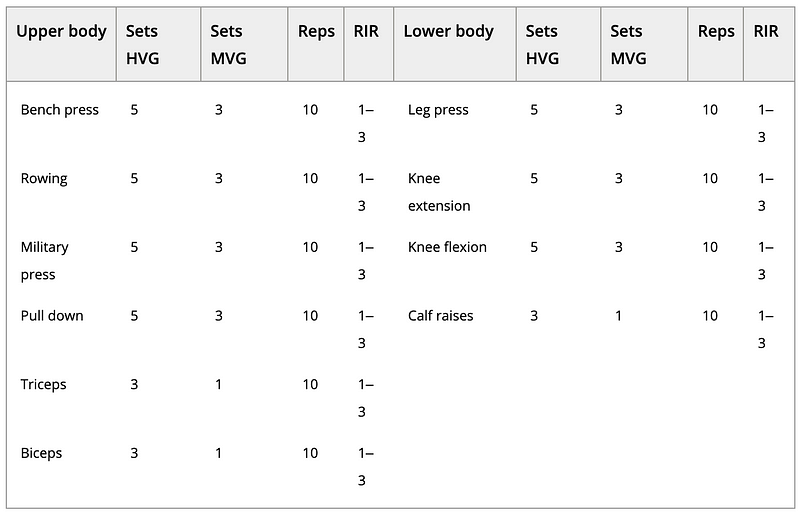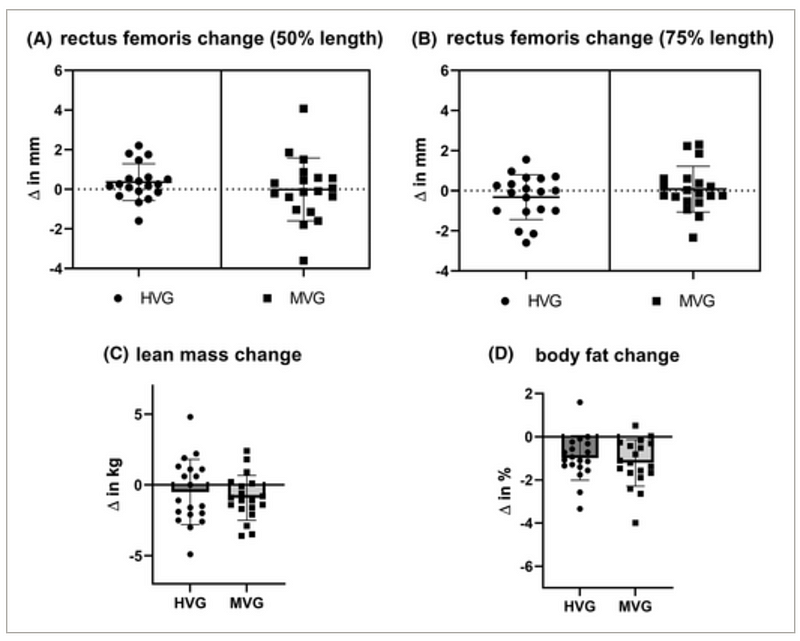Do You Need to Intensify Your Workouts to Preserve Muscle While Dieting?
Written on
The Importance of Exercise During Dieting
When embarking on a diet, is it essential to intensify your workouts to maintain muscle mass?
Research indicates that prolonged and severe calorie restriction can severely impact anabolic hormones like testosterone. Concurrently, levels of catabolic hormones such as cortisol tend to rise. To complicate matters, reduced leptin levels leave us feeling perpetually hungry, as leptin is the hormone responsible for signaling fullness.
Studies have shown that an energy deficit can diminish the basal rates of muscle protein synthesis, making it increasingly difficult to preserve muscle tissue. Although maintaining a high protein intake is beneficial for promoting muscle protein synthesis, a caloric deficit may not effectively target fat stores—especially if an individual is relatively lean. If you are in a caloric deficit yet continue with resistance training, your objective should be to reduce fat mass while retaining as much muscle as possible.
On the flip side, gaining muscle while minimizing fat gain occurs in a caloric surplus. The aspiration of simultaneously losing fat and gaining muscle is often more of a dream than a reality. While this may be achievable for individuals with higher body fat percentages, it is less likely for those who are lean or already trained.
So, returning to our initial question: Is it necessary to increase your exercise volume when dieting to maintain muscle mass?
Insights from Recent Research
A recent study sheds light on this topic. Researchers divided 38 trained males into two groups: one focused on high-volume training and the other on moderate-volume training. The participants were matched based on muscle thickness to ensure a fair comparison regarding potential muscle loss or gain linked to their respective training protocols.
Details about the Participants

All p-values were above 0.05, indicating no statistical difference between the groups.
The study began with a week-long familiarization phase where participants consumed a maintenance caloric load (45 kcal/kg) while engaging in a lighter-than-usual exercise regimen consisting of three sets per exercise.
Following this phase, the actual training and dietary cut commenced. Over the subsequent six weeks, all participants reduced their caloric intake to 30 kcal/kg, creating a significant caloric deficit while maintaining protein intake at 2.8 g/kg of fat-free mass. For an average participant weighing 85 kg, daily caloric intake dropped from 3825 to 2550—an intense cut.
Here is how the two groups were structured: HVG indicates the high-volume group, while MVG refers to the moderate-volume group. Each group followed this program bi-weekly.

The term RIR stands for "reps in reserve," meaning each exercise was performed until the participants had 1–3 reps left in their capacity. This range is optimal for muscle growth. The HVG executed 20 additional sets of exercises per session, marking a significant increase. Current research suggests that 12–20 sets per muscle group weekly are sufficient for muscle development, and these protocols meet that requirement.
What Were the Findings?
The researchers found no significant differences in any of the measures taken. Both groups experienced weight loss (primarily in fat) while successfully maintaining quadriceps muscle mass.
So, is there a necessity to increase exercise intensity while cutting calories? Likely not. However, it’s important to note that average results may not capture individual variability.

Research often reports average outcomes across all participants, but individual responses can differ. Some might thrive on high-volume training, while others may find it challenging during a diet. It’s crucial to experiment and discover what works best for you.
Additionally, prioritizing sleep is vital for achieving body composition goals and managing hunger cues.
This study focused solely on trained males; responses may vary for females and untrained individuals.
Finding Your Optimal Approach
Ultimately, it’s essential to identify what suits your needs best. This study offers a solid foundation for understanding how exercise volume may affect muscle retention during dieting.
For more insights into health and fitness, be sure to check out the Clinical Gap Podcast, where I release new episodes weekly. For concise summaries of health and fitness research, subscribe here.
The Role of Exercise and Diet in Muscle Preservation
Explore the latest exercise and dietary strategies to maintain muscle while dieting, including fasting and scientific protocols.
Strategies to Retain Muscle During Weight Loss
Learn effective techniques for retaining muscle mass during weight loss, focusing on practical tips and guidelines.